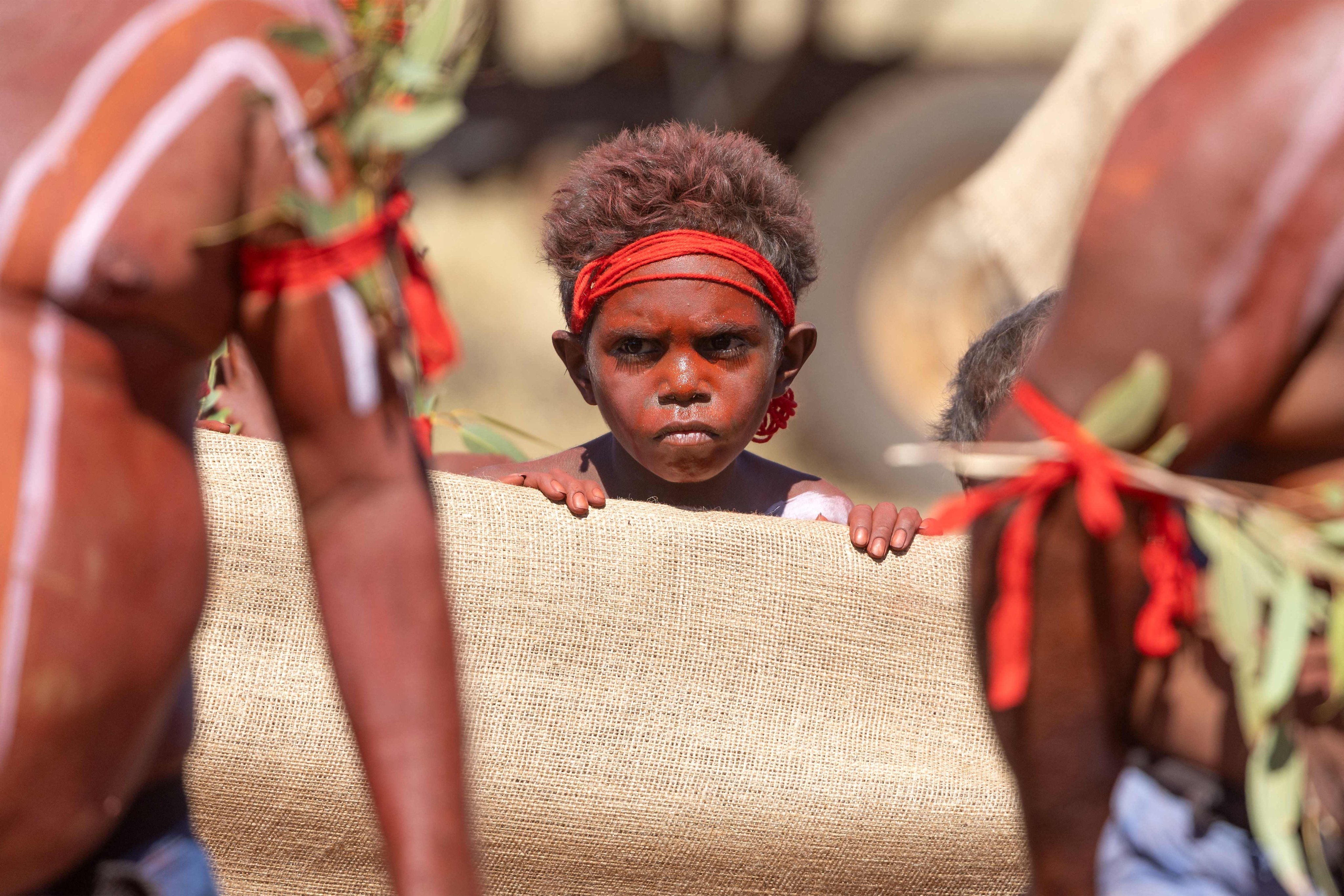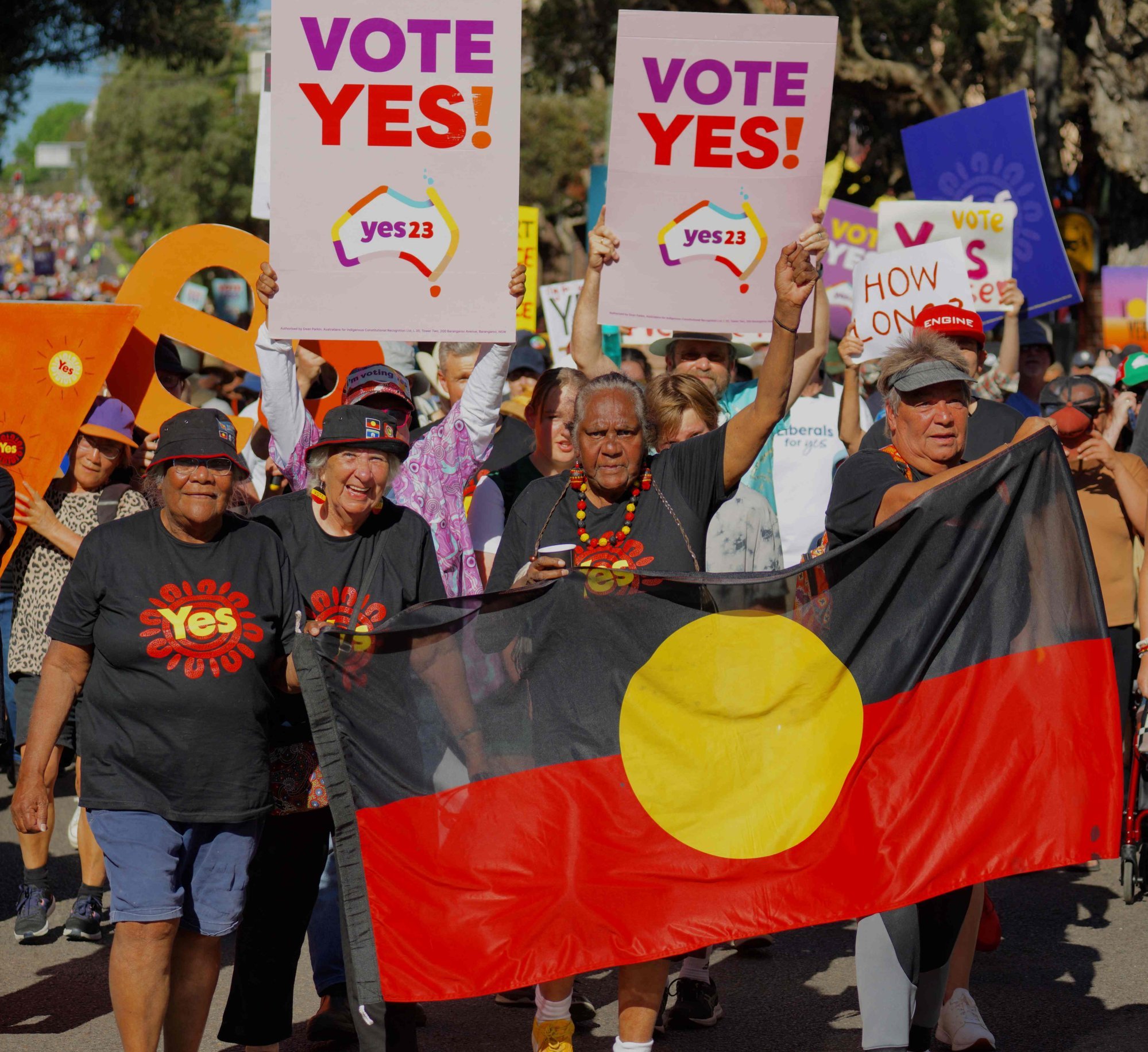‘Racist’ Australia claim as indigenous youth face surge in discrimination
A recent study found 54 per cent of Aboriginal and Torres Strait Islander people reporting racism last year, up from 39 per cent in 2014

Most young indigenous people in Australia view it as a racist country, according to a survey that found a “significant” surge in discrimination experienced by them in the last decade, as campaign groups urged the government to devise policies to create a harmonious society.
The study by Reconciliation Australia, an NGO promoting rapprochement between natives and non-indigenous locals, showed 54 per cent of Aboriginal and Torres Strait Islander people experienced racism last year, up from 39 per cent in 2014.
Younger First Nations people encountered higher levels of racism than other age groups, including at the hands of police, employers, taxi drivers and while seeking government services.
The indigenous communities were also subjected to physical violence, social media abuse and barred from renting a property – episodes Reconciliation Australia’s CEO Karen Mundine described as “disheartening”.
“I think probably people are more likely to report those experiences, and people have a greater understanding of what it is,” Mundine told the Australian Broadcasting Corporation (ABC).
The findings were released on Tuesday.

The 2024 survey – which included 532 Aboriginal and Torres Strait Islander people and 1,990 non-Indigenous people – revealed that the 2023 Voice referendum campaign on First Nations people influenced the youngsters’ perception of Australia, with 61 per cent of 18 to 24 year olds saying they believe it is a racist country, compared to 41 per cent of the general community.
“[They feel] it is another experience of racism and structural racism, and of the broader mainstream Australia not wanting Aboriginal and Torres Strait Islander people to have a voice and to be involved and to participate,” Mundine said.
The referendum failed after Australians rejected an amendment that would have created an indigenous committee to advise parliament and the government on issues affecting the community.
Mundine said 56 per cent of multicultural Australians were keen on improving reconciliation efforts with indigenous members, attributing it to progress on teaching Australian history in schools.
“I think the difference is there’s a growing number of young people who are better educated and better aware,” she said. “We’ve had a curriculum that teaches Aboriginal and Torres Strait Islander history, and particularly around those ideas of reconciliation relationships.”
“Knowing where we’ve come from, knowing our histories, knowing the things that have gotten us to where we are today influences how we can actually make change today, but also create that change for a better future.”
Last November, Australia’s Race Discrimination Commissioner launched the most comprehensive anti-racism plan ever. Developed by the Australian Human Rights Commission and funded by the federal government, the national anti-racism framework provides guidelines for state governments, businesses and community organisations to address all forms of racism.
A key recommendation calls for the establishment of a National Anti-Racism Task Force, along with a dedicated strategy for eliminating racism experienced by First Nations people.
Mundine urged the federal government to implement the framework, saying: “There is a role for governments to play there, a role for businesses to play, as we think about how we create a more just and cohesive society.”
Her call for change came as a 24-year-old Aboriginal man with a disability died after he was restrained by police officers at a supermarket in Alice Springs, a remote town in Australia’s Northern Territory.
Police on Tuesday said they tackled the victim who allegedly assaulted a security guard in the store after being accused of shoplifting, ABC reported.
In 2019, a 19-year-old man from the same remote First Nations community was shot to death by a policeman. The officer was charged with the teenager’s murder before being acquitted by a jury in 2022.